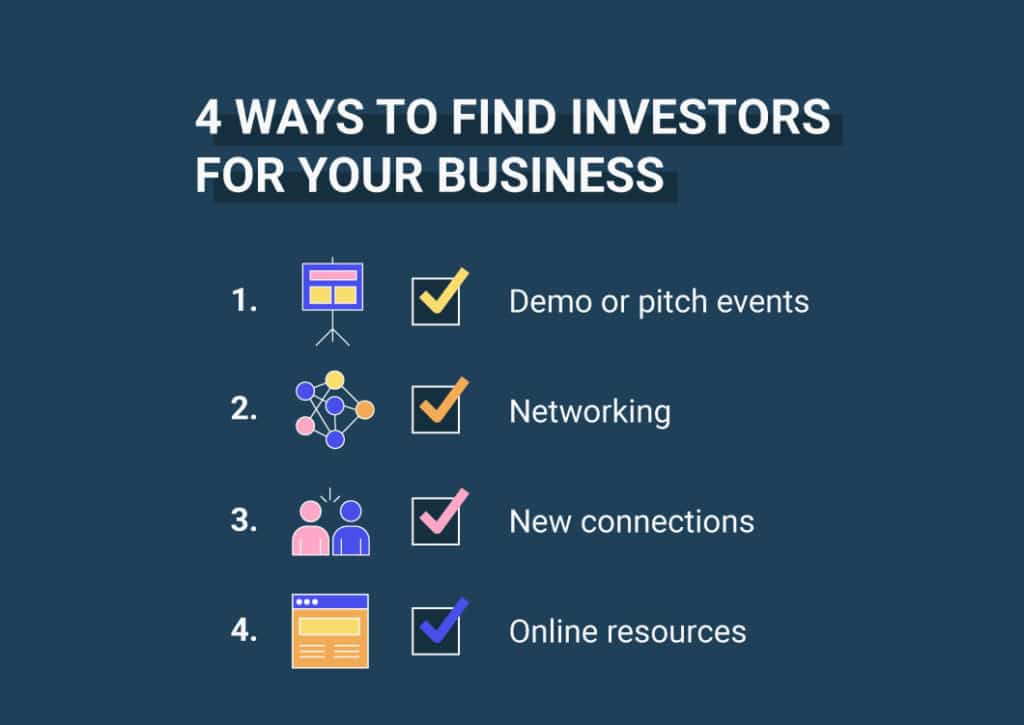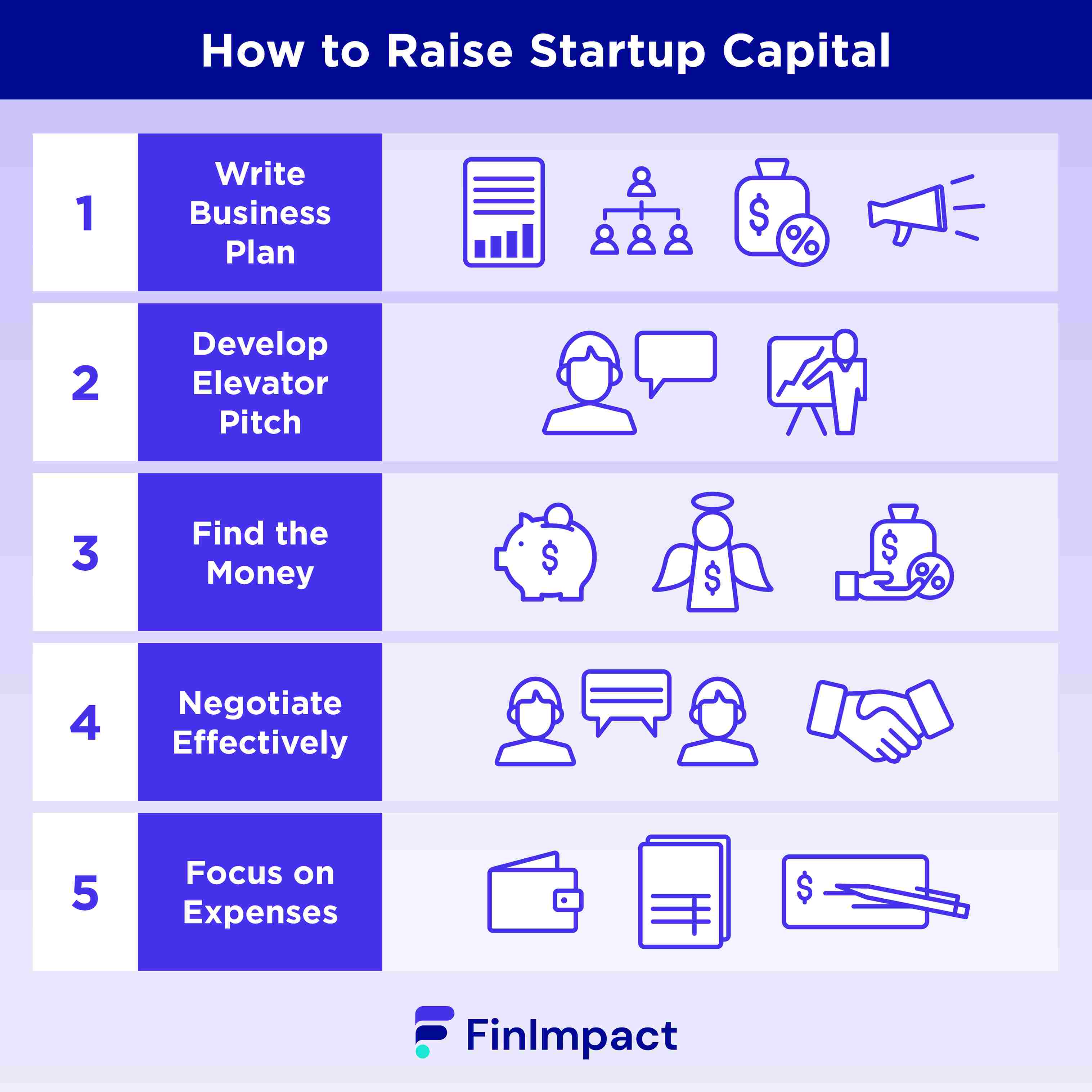
Starting a business is like embarking on a thrilling adventure. You have a vision, a plan, and the passion to see it through. But often, the missing piece of the puzzle is startup capital. So, how do you find investors for your business? This guide will walk you through the process, from understanding what business investors look for to crafting effective funding strategies. Let's dive in!
Understanding Business Investors
Before you start your search for investors, it's crucial to understand who they are and what they want. Business investors come in various forms, including venture capitalists, angel investors, and even crowdfunding platforms. Each type of investor has different goals, risk tolerances, and expectations.
Venture Capitalists
Venture capitalists are professional investors who manage funds on behalf of others. They typically invest in high-growth, high-risk startups in exchange for equity. Venture capital can provide significant funding, but it often comes with strings attached, such as a seat on your board of directors.
Angel Investors
Angel investors are high net worth individuals who invest their own money in startups. They often provide not just capital but also mentorship and industry connections. Angel investors are more likely to take risks on early-stage companies and may offer more flexible terms than venture capitalists.
Crowdfunding Platforms
Crowdfunding platforms allow you to raise small amounts of money from a large number of people. This can be a great way to validate your idea and build a community around your product. However, it requires a strong marketing campaign and may not be suitable for all types of businesses.
Preparing Your Business for Investment
Once you understand the types of investors, the next step is to prepare your business for investment. This involves creating a compelling business plan, developing a strong pitch, and ensuring your financials are in order.
Crafting a Compelling Business Plan
Your business plan is your roadmap to success. It should outline your vision, market analysis, competitive landscape, and financial projections. A well-crafted business plan shows investors that you have a clear path to profitability and are serious about your venture.
Developing a Strong Pitch
Your pitch is your elevator speech—a concise, persuasive summary of your business idea. It should highlight the problem you're solving, your unique solution, and the market potential. A strong pitch can open doors to investment opportunities and pique the interest of potential investors.
Ensuring Your Financials Are in Order
Investors want to see that you have a solid financial foundation. This includes accurate financial statements, realistic projections, and a clear understanding of your cash flow needs. Transparency and accuracy in your financials build trust and credibility with investors.
Finding the Right Investors
Now that your business is investment-ready, it's time to find the right investors. This involves networking, leveraging online platforms, and attending industry events.
Networking
Networking is the lifeblood of finding investors. Attend industry conferences, join entrepreneur groups, and participate in local business events. Building relationships with potential investors can lead to valuable introductions and opportunities.
Leveraging Online Platforms
Online platforms like AngelList and Crunchbase can connect you with a wide range of investors. These platforms allow you to create a profile, showcase your business, and reach out to potential investors directly.
Attending Industry Events
Industry events and startup competitions are great places to meet investors. Events like TechCrunch Disrupt and Web Summit attract investors from around the world, providing valuable networking opportunities.
Crafting Effective Funding Strategies
Crafting effective funding strategies is essential for securing investment. This involves understanding your funding needs, tailoring your approach to different investors, and being prepared for due diligence.
Understanding Your Funding Needs
Before you approach investors, you need to have a clear understanding of your funding needs. This includes how much capital you require, how you plan to use it, and your timeline for achieving key milestones.
Tailoring Your Approach
Different investors have different preferences and expectations. Tailor your approach to each investor, highlighting the aspects of your business that align with their interests and investment criteria.
Being Prepared for Due Diligence
Investors will conduct due diligence to verify your claims and assess the risks associated with your business. Be prepared with detailed documentation, including financial statements, market research, and legal agreements.
Closing the Deal
Closing the deal is the final step in securing investment. This involves negotiating terms, finalizing legal agreements, and building a strong relationship with your investors.
Negotiating Terms
Negotiating terms is a critical part of the investment process. Be clear about your expectations and be prepared to compromise. Aim for a win-win agreement that benefits both you and the investor.
Finalizing Legal Agreements
Finalizing legal agreements ensures that both parties are protected and that the terms of the investment are clearly defined. Work with a legal advisor to draft and review all agreements.
Building a Strong Relationship
Building a strong relationship with your investors is essential for long-term success. Keep them informed about your progress, seek their advice, and be open to their feedback. A positive relationship can lead to future investment opportunities and valuable support.

Conclusion
Finding investors for your business is a challenging but rewarding journey. By understanding the types of investors, preparing your business for investment, finding the right investors, crafting effective funding strategies, and closing the deal, you can secure the startup capital you need to turn your vision into reality. Remember, the key to success is persistence, preparation, and building strong relationships. So, are you ready to take the next step and find the investors who will help your business soar?
FAQs
What is the difference between venture capitalists and angel investors? Venture capitalists manage funds on behalf of others and typically invest in high-growth, high-risk startups. Angel investors are high net worth individuals who invest their own money and often provide mentorship and industry connections.
How important is a business plan in securing investment? A business plan is crucial as it outlines your vision, market analysis, competitive landscape, and financial projections. It shows investors that you have a clear path to profitability and are serious about your venture.
What are some effective networking strategies for finding investors? Effective networking strategies include attending industry conferences, joining entrepreneur groups, participating in local business events, and leveraging online platforms like AngelList and Crunchbase.
How can I prepare for due diligence? Prepare for due diligence by having detailed documentation ready, including financial statements, market research, and legal agreements. Be transparent and accurate in your financials to build trust and credibility with investors.
What should I consider when negotiating terms with investors? When negotiating terms, be clear about your expectations and be prepared to compromise. Aim for a win-win agreement that benefits both you and the investor, ensuring a positive and productive relationship.

Posting Komentar